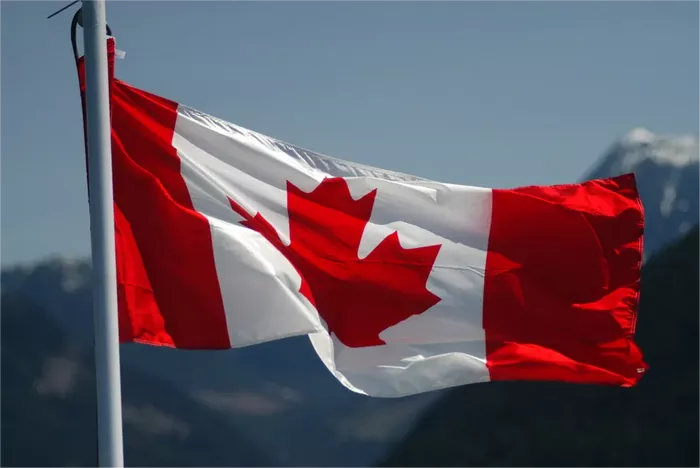For skilled immigrants like Ayon De, family reunification holds significant importance. Having migrated to the United States under the H1B work visa program, De, an Indian national, later opted for Canadian permanent residency due to quicker processing times offered by Canada’s Express Entry program. However, his aspirations to sponsor his parents for immigration revealed challenges within Canada’s immigration system.
Upon arriving in Canada in July 2018 with his wife and expecting their first child in 2019, De invited his parents for a temporary visit in October 2019 under a Canadian SuperVisa. However, when he sought permanent residency sponsorship for his parents, he encountered a roadblock. His income fell short of the minimum required for sponsorship eligibility, prompting him to delay his application until the following year.
In 2020, enthusiasm for parental sponsorship surged, resulting in over 200,000 submissions. Despite this, Immigration, Refugees and Citizenship Canada (IRCC) froze the pool and began drawing only from the 2020 entries, leaving subsequent entries, including De’s in 2021, on hold.
Canada’s Parents and Grandparents Program, which has undergone transformations since 2013, now relies on a lottery and pooling system. Interested sponsors submit an “Interest to Sponsor” form without upfront eligibility verification. Demand often exceeds available spots, leading to a backlog of applications.
IRCC’s lack of transparency further complicates matters, with recent draw announcements lacking official news notices and limited substantive information on key web pages. This has led to criticism from skilled migrants and other applicants seeking to sponsor relatives.
De’s situation worsened when his father was diagnosed with cancer in March 2022. Despite filing a humanitarian and compassionate application for his parents’ permanent residence in August 2023, De’s father passed away in September 2023 while his application remained in limbo.
Expressing frustration with Canada’s immigration system, De contemplates relocating his family to the U.K., U.S., or India if his mother cannot join them. As Canada grapples with its identity and aspirations, calls for immigration reform persist, particularly regarding inclusive policies for parents and grandparents. The outcome remains uncertain as policymakers weigh the need for transparency and efficiency in the immigration process.


